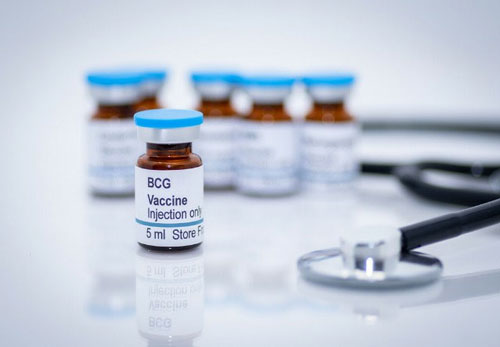A retrospective, observational study has found that people who received the BCG vaccination — which prevents tuberculosis — were less likely to report symptoms of Covid-19 and less likely to have antibodies against the infection in their blood.
But research also suggests that BCG vaccination early in life can reduce child mortality by up to 45%, mainly through reduced susceptibility to sepsis (blood poisoning) in babies, respiratory infections, and fever.
In adolescents and older people, there is also some evidence that BCG protects against viral respiratory infections.
Scientists believe the vaccine primes the “innate” immune system, the body’s first line of defense against viruses and other invading organisms. Unlike adaptive immunity, innate immunity rarely targets specific pathogens that the body has encountered in the past.
Researchers at the Cedars-Sinai Medical Center in Los Angeles, CA, wondered whether BCG might reduce susceptibility to SARS-CoV-2, the virus that causes Covid-19.
“We were interested in studying the BCG vaccine because it has long been known to have a general protective effect against a range of bacterial and viral diseases other than TB, including neonatal sepsis and respiratory infections,” says co-senior author Dr. Moshe Arditi, director of the Pediatric and Infectious Diseases and Immunology Division at Cedars-Sinai.
Between May 11 and June 18, 2020, 6,201 healthcare workers gave blood samples and answered questions about their medical history, including whether they had received BCG and vaccines against two other bacterial infections and influenza.
In total, 1,836 said they had received the BCG vaccination, 4,275 said they had not received it, and 90 were unsure.
Those with the vaccination were less likely to report experiencing symptoms of COVID-19 at any time in the past 6 months.
Overall, 3.5% of the entire cohort tested positive for SARS-CoV-2 antibodies.
Among those who reported receiving the BCG vaccine, 2.7% tested positive, while among those who said they hadn’t received it, 3.8% tested positive. “It appears that BCG-vaccinated individuals either may have been less sick and therefore produced fewer anti-SARS-CoV-2 antibodies, or they may have mounted a more efficient cellular immune response against the virus,” says Dr. Arditi.









